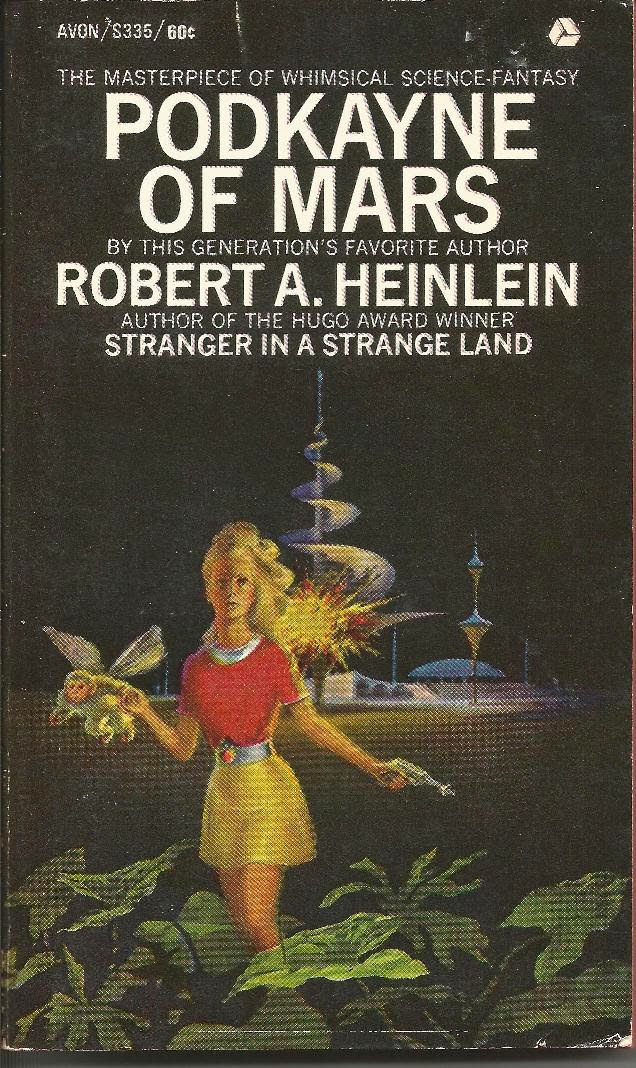


So what we have is a novel-length narrative with a novelette’s worth of story grafted onto the end. Shortly after the spaceship disappears, the plot appears more or less out of nowhere and carries on till the end, except for interruptions in which the narrator’s younger brother explains how stupid she is. In fact there is no plot whatever for the first 80% of the narrative- up till then it’s a travelogue, where we find out about a spaceship which then disappears from the narrative and has nothing to do with the resolution of the plot. Quite a few people turn up in the story who seem to exist to take up pages, not to advance the plot. It reads very much like later Heinlein, from around the time of Number of the Beast, which is to say it’s very episodic, doesn’t seem to be about anything in particular, and spends a lot of time monologuing about one thing or another. My eyes began to roll up in my head about the middle of the second CD, and by the end I was hanging in there just to see how bad it could be. If you’re reading a text and encounter a boring patch, you can skim or skip ahead, but if it’s an audio book, you’ve pretty well condemned yourself to listening to the whole thing, or maybe blindly skipping ahead and taking the chance of missing something important. One of the features of audio books is that you have to listen to every single word. How bad could it be? I thought innocently. I’d read Podkayne when I was a teenager, didn’t care for it, and never picked it up again until the other week, when I stumbled across the audio book in the library. and besides, nobody would read a blog series titled Revisiting the Flops. I’m not sure how many people would actually consider Podkayne of Mars a classic, but it is Heinlein, after all.


 0 kommentar(er)
0 kommentar(er)
